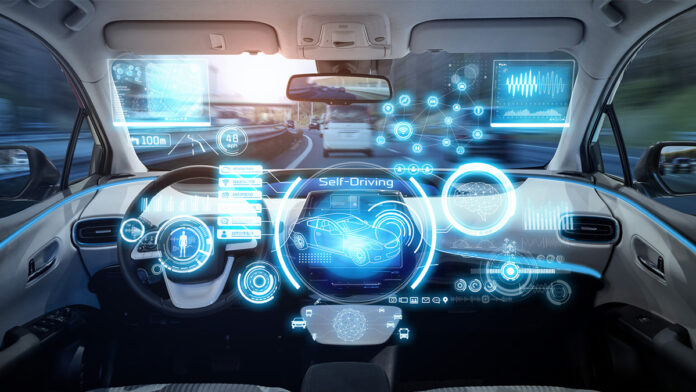The concept of autonomous driving, once considered a distant futuristic idea, is now rapidly becoming a reality. With numerous automotive and technology companies investing heavily in research and development, autonomous driving technology is quickly advancing and moving closer to widespread implementation. This technology has the potential to revolutionize the transportation industry in ways that we may not yet fully comprehend.
The impact of autonomous driving on transportation is vast and multifaceted. It could lead to more efficient traffic flow, reduced traffic congestion, and lower fuel consumption, all while increasing safety on the roads. Autonomous vehicles have the ability to communicate with each other and share data in real-time, allowing them to make smarter, safer, and more efficient decisions.
One of the most significant benefits of autonomous driving technology is its potential to reduce traffic accidents. According to the World Health Organization, approximately 1.35 million people die each year as a result of traffic accidents, and autonomous driving technology has the potential to significantly reduce this number. With the ability to sense and react to its surroundings faster than humans, autonomous vehicles can help prevent accidents caused by human error, such as distracted or impaired driving.
Autonomous vehicles can also reduce traffic congestion by using real-time data to navigate the most efficient routes, allowing them to avoid congested areas and reduce travel time. This not only saves time for commuters but also reduces fuel consumption and emissions, leading to a more sustainable future.
In addition to these benefits, autonomous driving technology could also have a significant impact on the economy. With the rise of autonomous vehicles, new job opportunities in areas such as engineering, software development, and data analysis could be created. However, this shift could also lead to job losses in areas such as driving and transportation.
Despite these potential benefits, the implementation of autonomous driving technology also raises important ethical and legal questions. For example, who is responsible in the event of an accident involving an autonomous vehicle? How do we ensure that the technology is secure from cyber attacks? And how do we ensure that the technology is implemented in a way that is equitable for all communities, regardless of income or race?
In conclusion, the future of autonomous driving is rapidly approaching, and its impact on transportation could be vast and far-reaching. While the benefits of this technology are clear, its implementation also raises important ethical and legal questions that must be addressed. However, with careful planning and consideration, autonomous driving technology could help create a safer, more efficient, and sustainable future for us all.





